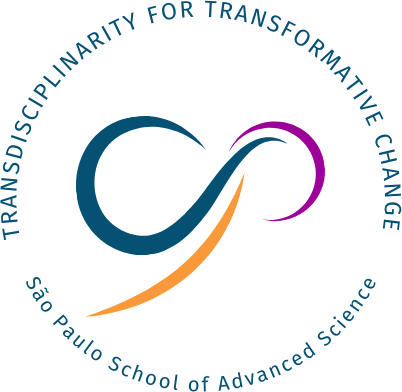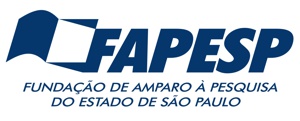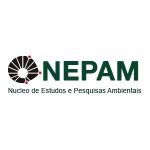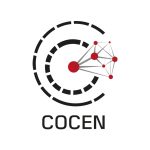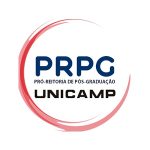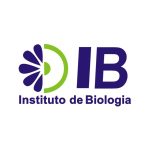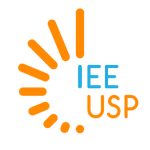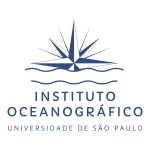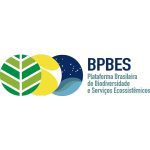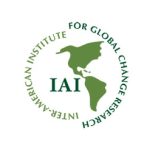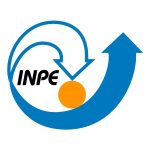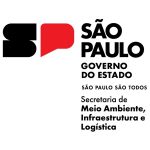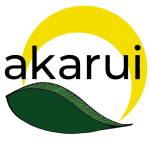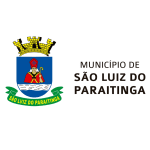Applications
Who can apply
SPSAS Transdisciplinarity is for Ph.D students/candidates and early career researchers that have earned their PhD from 2017 onward. Exceptionally, Master students carrying out transdisciplinary research, public servants or non-governmental organizations staff with a Master’s degree, and young indigenous leaders with notorious knowledge can also be accepted. Fluency in oral and written English is mandatory.
We encourage applications from students and practitioners with different backgrounds, provided their academic study and work is related to the themes of the school and related topics.
Approximately 80 applicants, 40 from Brazil and 40 from other countries will be selected to participate in this School of Advanced Science. Priority will be given to participants with an interdisciplinary training. Indigenous and Afro-descendent candidates will also be eligible for bonuses at the discretion of the Organizing Committee.
Participants will be selected based on their curriculum vitae, most recent academic transcript, by the analysis of the letter of intent, in which the candidates must describe the reasons that led them to enroll in this school and how their participation will benefit their research in the future, and by the analysis of the letters of recommendation.
The selection process will consider criteria of gender balance and ethnic/racial diversity.
There is no registration fee.
Selection results
Applicants should expect to receive notification from the organizing committee from the 30th of January 2024 onward.
Application Documents
- Curriculum Vitae (in the model suggested by FAPESP – 4 pages max. – https://fapesp.br/6351/instructions-for-the-elaboration-of-a-curricular-summary);
- Letter of intent explaining:
- Why are you interested in participating in the São Paulo School of Advanced Science on Transdisciplinarity for Transformative Change?
- How can this training activity contribute to your current research and outreach activities?
- How do you hope to apply the knowledge acquired in your future professional development?
- What other benefits do you see in having this experience with early career researchers from other countries?
- Letter of Recommendation – by your Supervisor on letterhead if you are a student; by the Principal Investigator of the project you are engaged with if you are an early career researcher or your former supervisor(s); by the immediate superior if you are a public servant; or by the head of an indigenous organization if you are a young indigenous leader. The letter of recommendation shall be sent by the institutional email of the person writing it, directly to the School email (transdis@unicamp.br) no later than the application deadline. The email subject should be: “Recommendation Letter for (the name of the applicant)”.
- Transcript document from your university attesting that you are enrolled in a graduate program if you are a student.
Note: To complete your application form, please upload one pdf file with all documents, except the recommendation letter (max. of 2 MB each document).
Curriculum vitae and letters of intent and recommendation must be in English.
Exceptionally, recommendation letters from indigenous organizations will be accepted in Spanish and Portuguese as well.
University documents must appear in the original language with an English translation. The translation can be done by the candidate.
Only complete applications or applications received by the deadline will be considered.
Deadline have been extended until January 12th, 2024, 10 A. M.
(Brasília Time Zone, UTC -3)
Funding
FAPESP will cover the costs of accommodation and meals for selected participants. The funding does not imply any institutional relationship with FAPESP or remuneration in kind.
Limited funds are available to cover the travel costs of participants whose institutions cannot afford such costs. Please indicate if your participation depends on these travel subsidies to pay for your tickets, as accommodation and meals are already covered by the organization.
The organization will not cover the costs of Visa applications.
São Paulo Research Foundation (FAPESP) scholarship holders must use their Technical Reserve resources from the respective scholarship to pay daily allowances. The same applies to transportation expenses, if the course activities involve traveling to a city other than the one in which they carry out their research grants.
